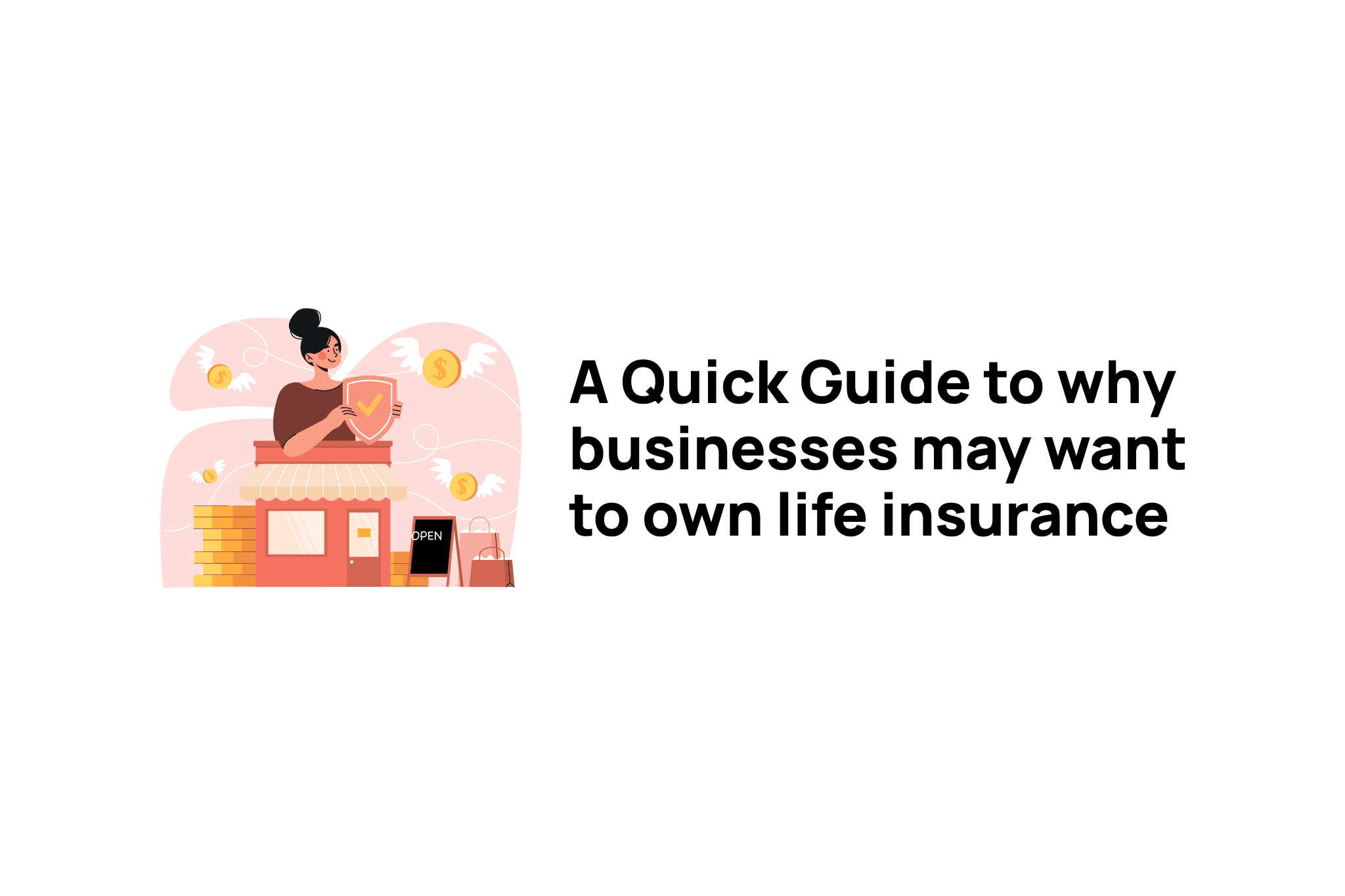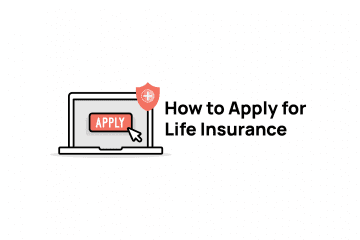As a business owner, you are faced with many decisions every day that impact your business. If you have partners that you own the business with, you are constantly working as a team to grow the business and make sure that everyone is in their ideal role to maximize your capabilities. We often find that when owners have their heads down and are focused purely on growth, they lose sight of some potential pitfalls that are out of their control. One potentially devastating pitfall is what happens if one of the business owners or key employees passes away unexpectedly. Do you have the cash on hand to buy out the people who inherit the shares? What about a situation where a key employee dies unexpectedly? Could you keep the business going while you search to fill key roles? These are questions that you should be able to answer, and the best answer for them often involves corporately owned insurance policies.

In This Article:
Buy Sell Agreements
If you own a business with one or more partners, there should be a buy-sell agreement in place. In fact, you may have multiple agreements, each one triggered by a different event. When we look at why a business should own life insurance, the funding of a buy-sell agreement is one of the main reasons for this to happen. Remember, your buy-sell agreement is a legal document that details how you will handle any number of events. In most cases, they will outline what specific events will trigger the sale of ownership shares, what the compensation is, and that the seller is obliged to sell for that amount. When dealing with life insurance, the buy-sell agreement is related to the death of a shareholder. In this case, if one owner passes away, that would be the event that triggers the sale. The person who inherits the shares is then required to sell them back to the surviving owners at the predetermined compensation level. The role that the insurance policy plays in the buy-sell agreement is that it is often the best way to fund the purchase. A corporately owned life insurance policy provides the cash from the death benefit, which is used to pay for the shares. This means that the agreement is funded simply by paying the insurance premium each month. Often, a far more reasonable solution is for the business to maintain its cash on hand to pay for the share purchase. There are a few ways you can do this:
- Cross-Purchase Agreements – In this setup, each owner is insured by the other owners. So, Owner #1 owns insurance on Owner #2 (and 3, and 4, and so on), and if one of the owners dies, the insurance money is used to pay the deceased owner’s shares. The more owners are involved in the business, the more complex this type of agreement becomes.
- Redemption Agreement – Sometimes called an Entity Purchase, in this case, the business owns the insurance on each owner. If one of the owners dies, the company receives the death benefit and then uses the cash to buy the shares of the deceased. This tends to be the simpler solution and is scalable more easily if new owners join the fold.
- Hybrid Agreement – Allows for either the owners or the business to buy the shares, allowing for flexibility based on the availability of funding.
With a buy-sell agreement in place, you need to determine what type of coverage is the best fit for funding it. When choosing between term and permanent coverage, there are things to consider as you weigh the pros and cons of either type of coverage.
- Term Coverage – This is coverage that provides death benefits for a set period of time, for example, 10 or 20 years. Term coverage is somewhat equivalent to renting instead of owning a piece of property. When the term runs out, the coverage is gone as well. The premiums tend to be lower than permanent coverage, so it fits a few niches well. If there is an endpoint in your business (planning to sell it, for example) or if you need the lowest cost coverage available, term may be a great fit for covering buy-sell needs for you.
- Permanent Coverage – This is coverage that lasts a lifetime with level premiums. There are advantages to the business of owning policies that have cash values accumulating in them (another topic for another day) and are a great solution for funding a buy-sell when there is a long-term plan in place for the business. As an example, if you own a family business where there is a plan to sell to the next generation, permanent coverage may be the best fit for you.
Buy-sell Agreements are an essential portion of any business ownership. If you have partners, you should have a predetermined plan in place for what happens to the business if one of you dies. Having this type of plan for what happens if there is an unexpected death can really help stabilize and solidify the business in what would be an uncertain time. By having a plan laid out that includes funding with life insurance, there is one less thing to worry about during what will be a turbulent time for your business.
Get a free quote
Key Person Life Insurance
Now that we’ve covered how to plan for the unexpected death of an owner in your business, we should also address another situation that could be very disruptive to your business. This is the unexpected death of a key person in the operation of your business. Think about what would happen if your business lost someone unexpectedly who filled an essential role, someone like your CFO, an employee with vital technical skills or a salesperson whose loss resulted in you losing significant revenue. The loss of any of these types of employees would have a serious effect on the bottom line of your business. If this happens to your business, you need to have a plan to deal with lots of things; that list should include the following:
- Salary and Benefits – If you lose a key employee, you need to know that there will be costs associated with replacing them. These include the cost of their salary and benefits. You may want to consider replacing some of these because as you train a new employee, their contribution to your business income may be lower than what is needed to justify the salary commitment for hiring them.
- Revenue to your business – If the key person is responsible for a significant portion of the revenue that your business generates, you should have a plan in place to replace that revenue while you figure out how to proceed.
- Costs of finding and training new employees– Recruiting and training a new employee are significant financial commitments that need to be considered. This is especially important if you are dealing with an employee who has technical skills that are essential to your business. Think of someone like an engineer who has a specific skill set required for your business. If you lose an employee like this, there is the potential that you could not operate your business without them, so you need to know that you have the money you need to commit to an aggressive recruitment plan to allow your business to continue to operate.
- Increased expenses – Many times, the loss of a key employee results in increased operating expenses for a business. Suppose you are required to outsource some of the activities that your employee performed or wait for a new employee to get up to speed on the tasks. It costs your business money.
All the costs associated with the unexpected death of a key employee at your business have the potential to derail your business. Having a plan in place where your business owns a life insurance policy on key employees allows you to have an infusion of cash if something happens to one of your essential employees. Having the financial flexibility to make sure that your business can carry on through the loss of a key employee provides peace of mind to the owners.

Conclusion
If you own a business, these are a few of the reasons you may want to consider owning life insurance. Having a plan in place for the worst-case scenario when faced with the loss of an owner or key employee will help ensure that your business will be able to survive and carry on after experiencing a significant loss. If you are looking for advice on how to help build this type of plan for your company, contact Life Insurance Canada, and one of their advisors will help you build a plan to help ensure the continuity of the business you have worked so hard to build.





